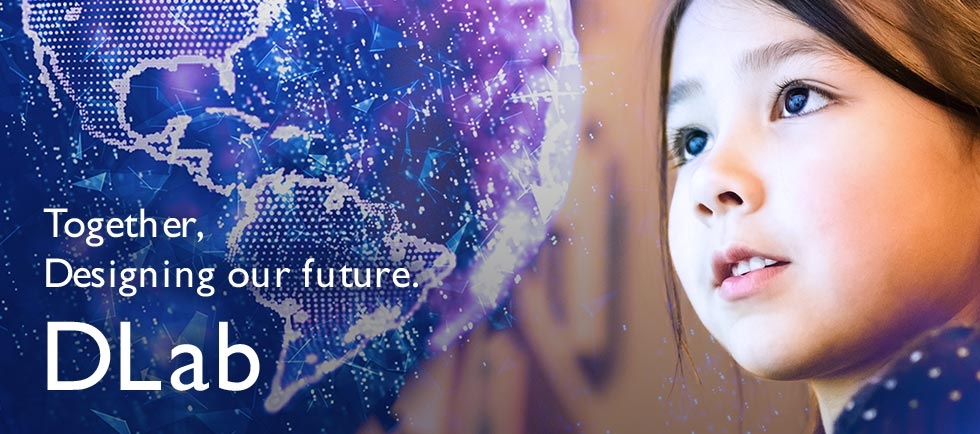Since its establishment in September 2018, the Laboratory for Design of Social Innovation in Global Networks (DLab) has aimed to unite Tokyo Tech members with citizens to discuss openly the kind of future they want to design. On September 26, 2019, DLab's Team Imagine and other members came together with business figures from various companies to examine future scenarios that have been born since DLab's establishment.
Future scenarios and the changes that follow
For the past year, DLab has hosted regular events and workshops for a broad range of stakeholders who discuss openly the kind of future they want. These discussions have resulted in twenty possible future scenarios, which will form the Tokyo Tech Future Chronology to be released to the public at an event in early 2020.
The aim of the latest workshop was to bring academics together with representatives of leading Japanese companies including Asahi Kasei, Sony, NEC, NTT East Japan, and Hitachi. Participants were asked to select one created scenario that foreboded "deep, empathic experiences through the free attachment or detachment of the senses," to contemplate how the realization of this scenario would change people and society, and to brainstorm what products and services would emerge as a result.
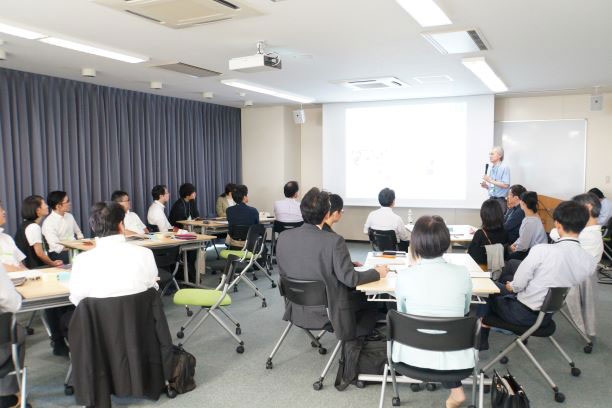
Opening words from DLab Director Isao Satoh
Products and services of tomorrow
The session began with a short presentation by Professor Yuya Kajikawa from the School of Environment and Society. Kajikawa introduced to the participants backcasting, a method used to determine the technologies and actions required to achieve a desired future image, and encouraged participants to envision what kind of society would emerge should a certain scenario be realized.
After this, participants split into small groups to discuss what products or services could be realized in a world where people share the perceptions and sensations of other humans, living beings, and inanimate subjects. Individual ideas were shared first, after which teams began planning new products while focusing on target users and new value creation.
During the initial presentations, interesting ideas had already taken shape. One suggested service would allow us to relive and experience situations from the viewpoint of our counterparts, while another would help us feel sensations experienced by various organic and inorganic materials, including elementary particles and the earth itself.
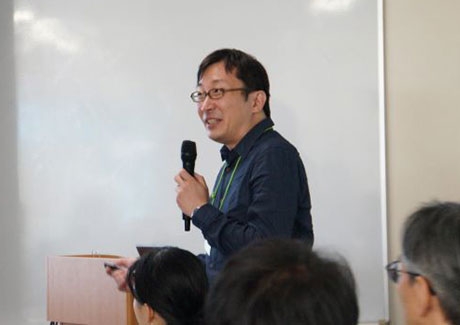
Presentation by Tokyo Tech Prof. Kajikawa
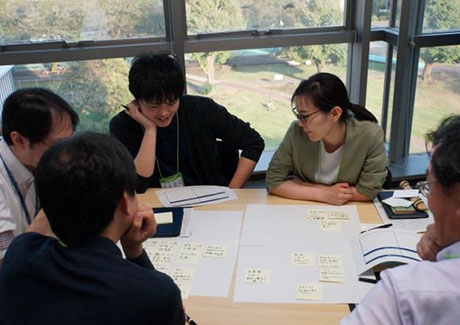
Group work in full swing
Open collaboration key factor
After a short break, the teams regrouped to discuss the technologies required to realize the ideated services and products, the need for deeper collaboration, and the potential necessity for deregulation. Discussions regarding the overarching theme of societal change as a result of new products and services also continued.
The session closed with each team offering their initial proposals for new products and services. At the exchange gathering in the evening, participants reflected back on the day's events. Many said they enjoyed sharing opinions with other researchers and company employees, and that the long-term view applied by DLab — something not always present in the corporate world — was a stimulating and refreshing approach.
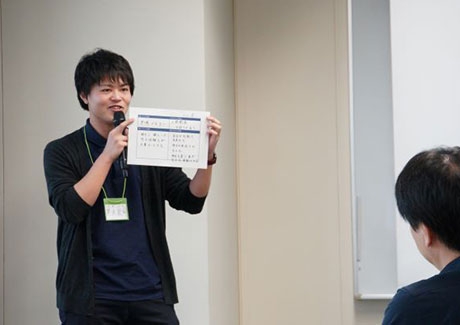
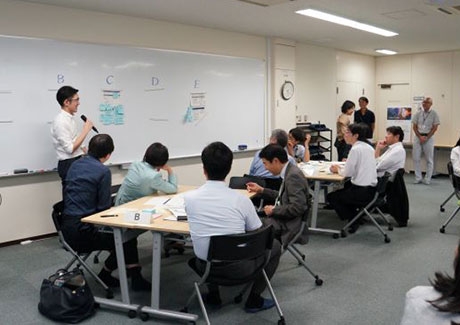
Completed proposals shared with whole group
. Any information published on this site will be valid in relation to Science Tokyo.







